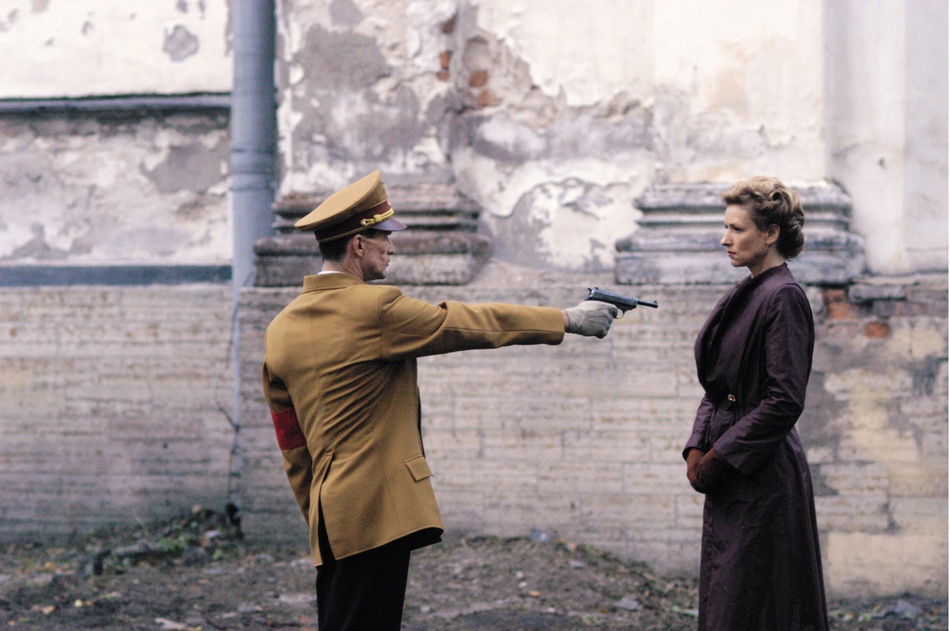

|
Downfall
5 out of 10 |
 |
|
"Not The End Of The Beginning, But The End Of The End" With the increasing loss of the World War II generation, in recent years there have been several films released covering events of this period. Some, like sweeping masterpieces Schindler's List or Life is Beautiful with incredible cinematography and performances manage to draw the audience into a world of the 1930's and 40's, but many are largely unremarkable, remaining uninspired and are at best at the level of quality of a made-for-tv movie. Downfall, although with a nomination for the best foreign film at the Oscars, is unfortunately one of these. The first German production ever recreate the final days of Hitler's life, it was made possible by the release of memoirs "Bis Zur Leitzten Stunde" and documentary "Blind Spot" which recount the life and experiences of Traudl Junge, personal secretary and one of the last living witnesses to the final weeks of his life. The screenplay was based closely on her accounts from 1942 to 1945 while she was employed by the Nazi party and was also inspired by historian Joachim Fest's "Der Untergang." It was written by well-known German producer Bernd Eichinger ("The Name of the Rose" and "Resident Evil") and covers the last weeks before the fall of Berlin following Hitler's move into his fortified bunker below the Chancellery to their surrender. Directed by Oliver Hirschbiegel, it features performances by veteran actor Bruno Ganz as Adolph Hitler, Julianne Kohler as Eva Braun, Ulrich Matthes as Joseph Goebbels and Alexandra Maria Lara as Junge. One of the least exciting time periods of World War II, it arguably may be something about which it would be difficult to make an interesting picture. Claustrophobic as Das Boot and focused around the rabid ravings of Hitler as Germany is falling down around him, the picture had a surprisingly regimented and dry feel. The recreation of a bombed out Berlin is magnificent and as a historical piece, the director has attempted to create an honest and accurate picture without taking much dramatic license or experimenting with the subject. As a result of this, possibly, it at times feels bland and formulaic. The performances also, outside of Ganz and Matthes, who both manage skillful recreation of Goebbels and Hitler, are pretty much run of the mill as there is not much story to expand on. Over the final days, consisting largely of parties thrown by Eva Braun, drinking and waiting for the end, each of the characters fall apart succumbing to the misery of the bunker, except Junge who is an innocent witness drawn into a surreal world of tragedy, farce and betrayal including Magda Goebbel's poisoning her children with cyanide, saying "I do not want to live in a world without National Socialism." History buffs interested in this dark and oppressive period it will get a fairly precise recreation, but not much more. It plays the role of simply describing events which it does well in an orderly fashion, but otherwise is straight to video fare, which for the first attempt in a German production at retelling the terrible events of 1945 based on fact should have been more compelling. Film Critic: Jennifer M Lillies
|
|